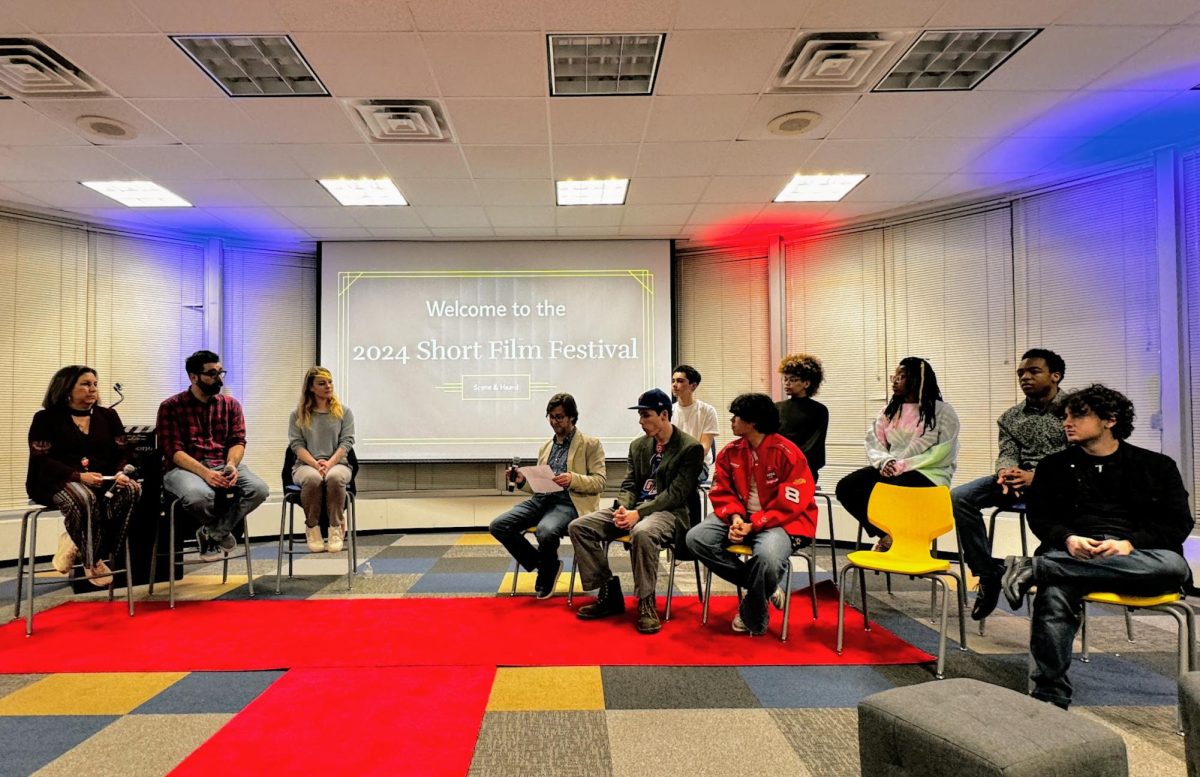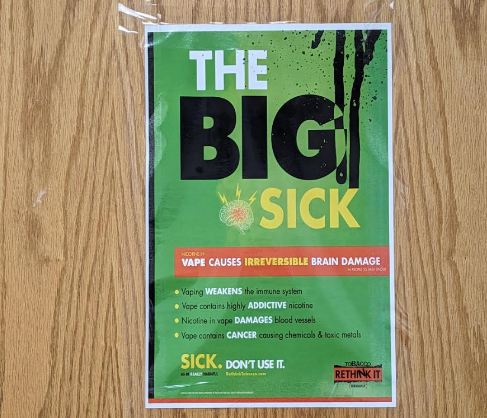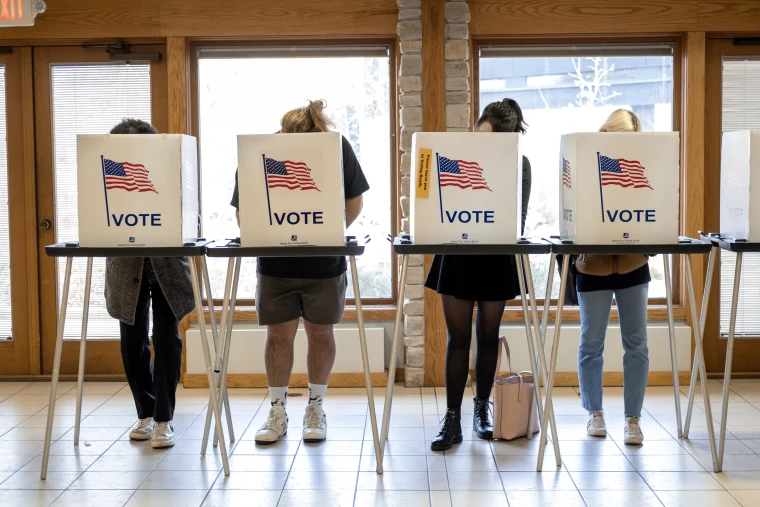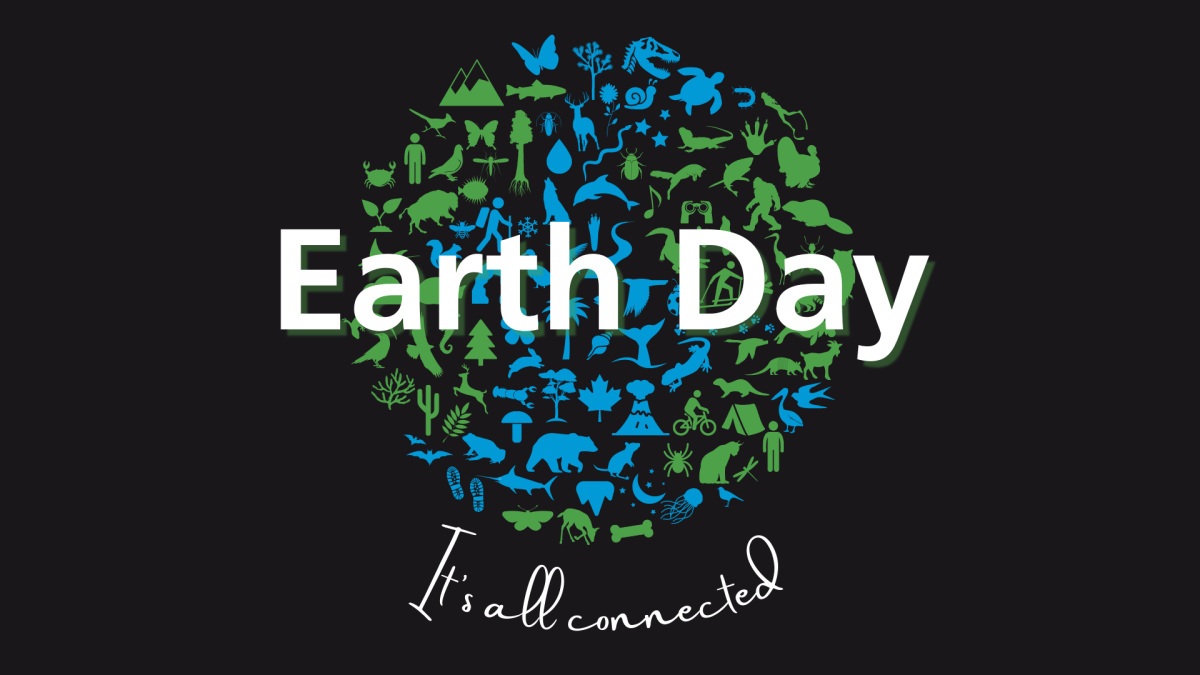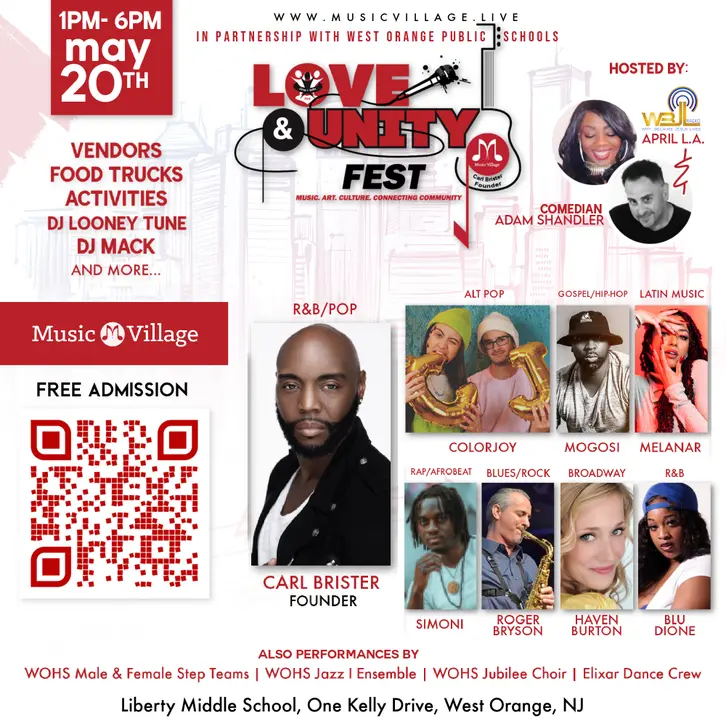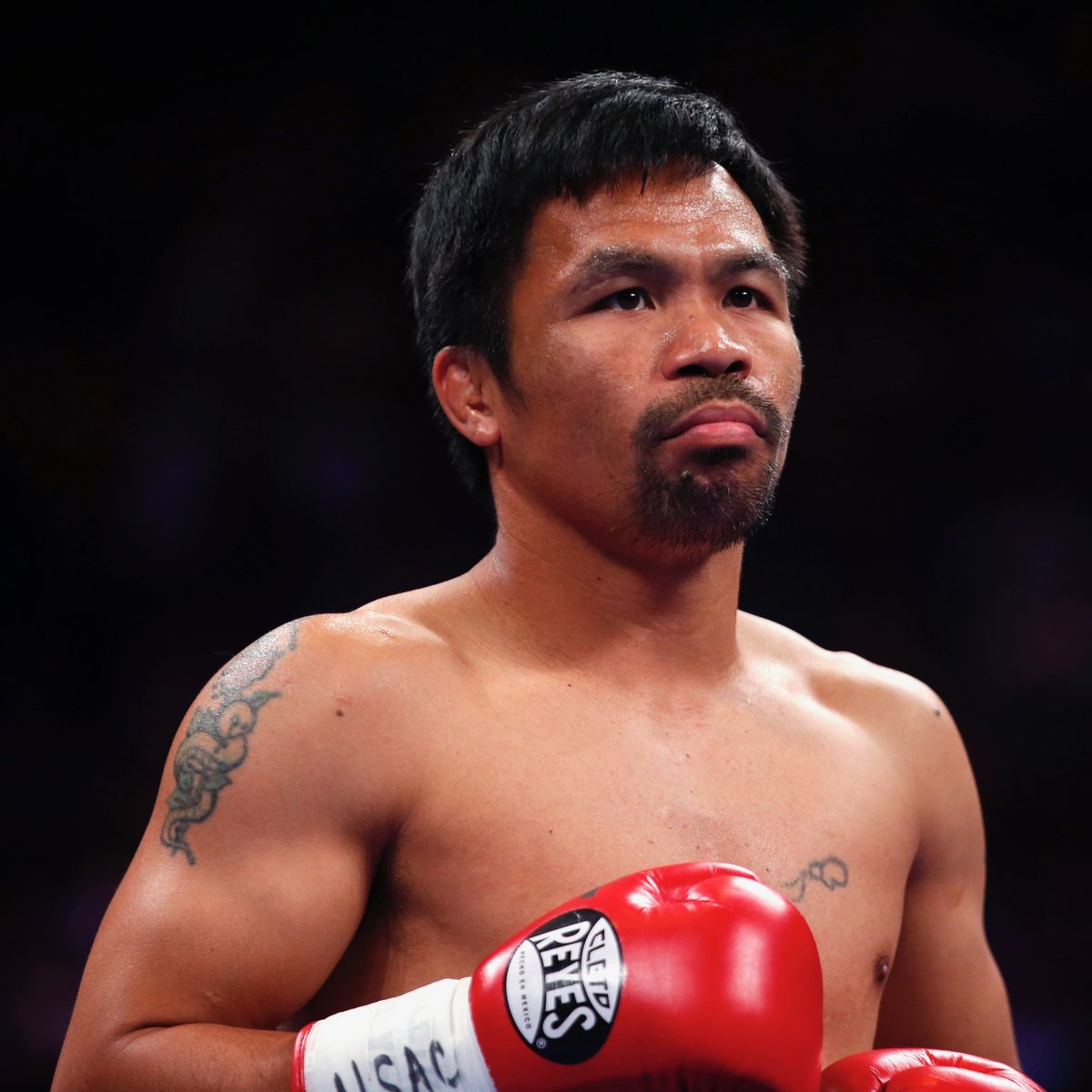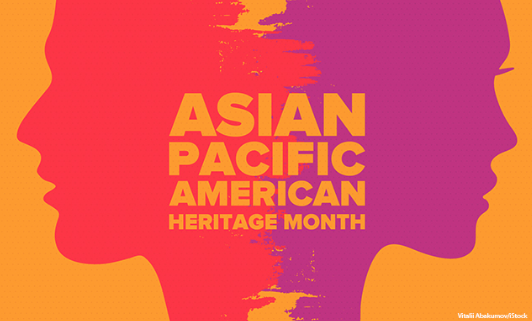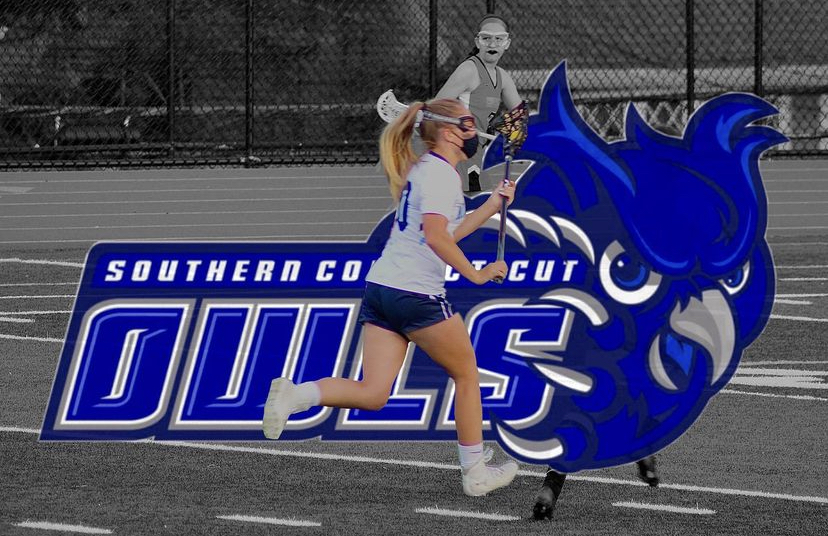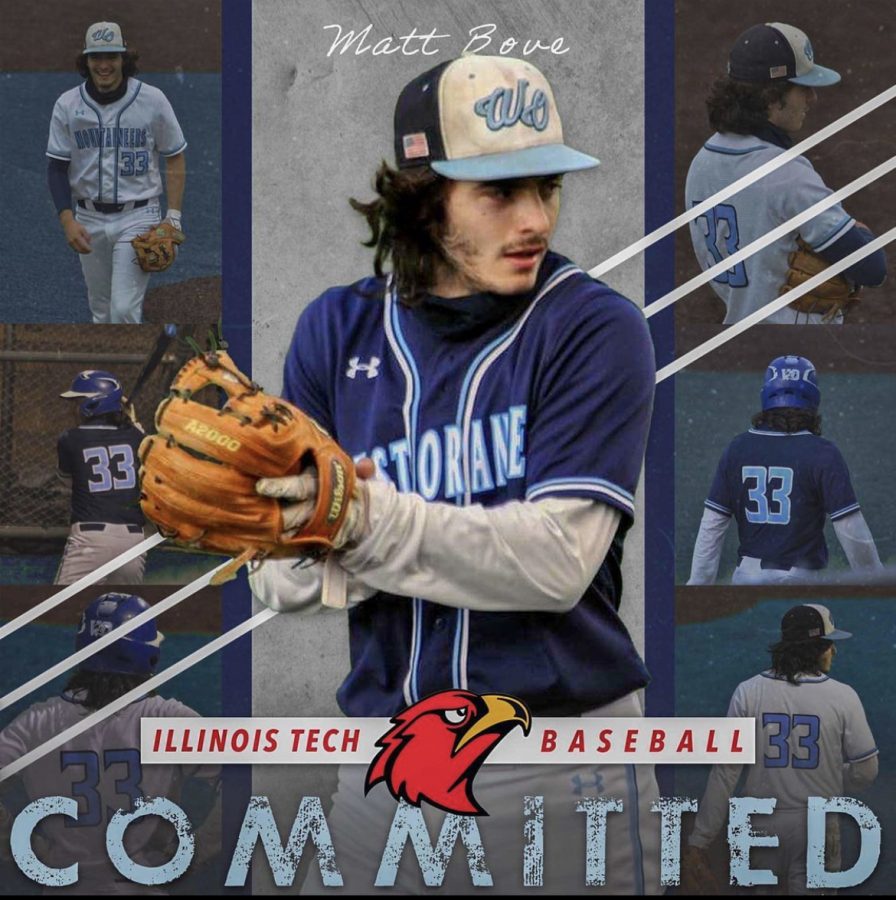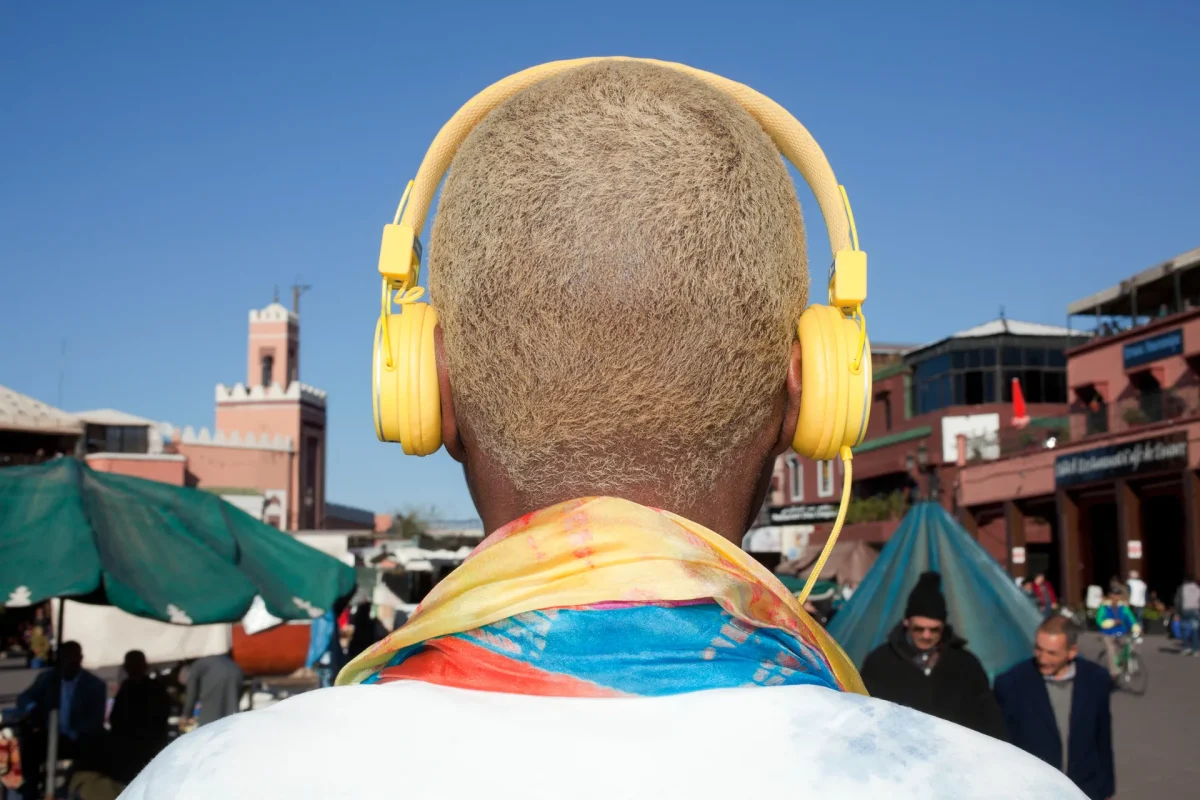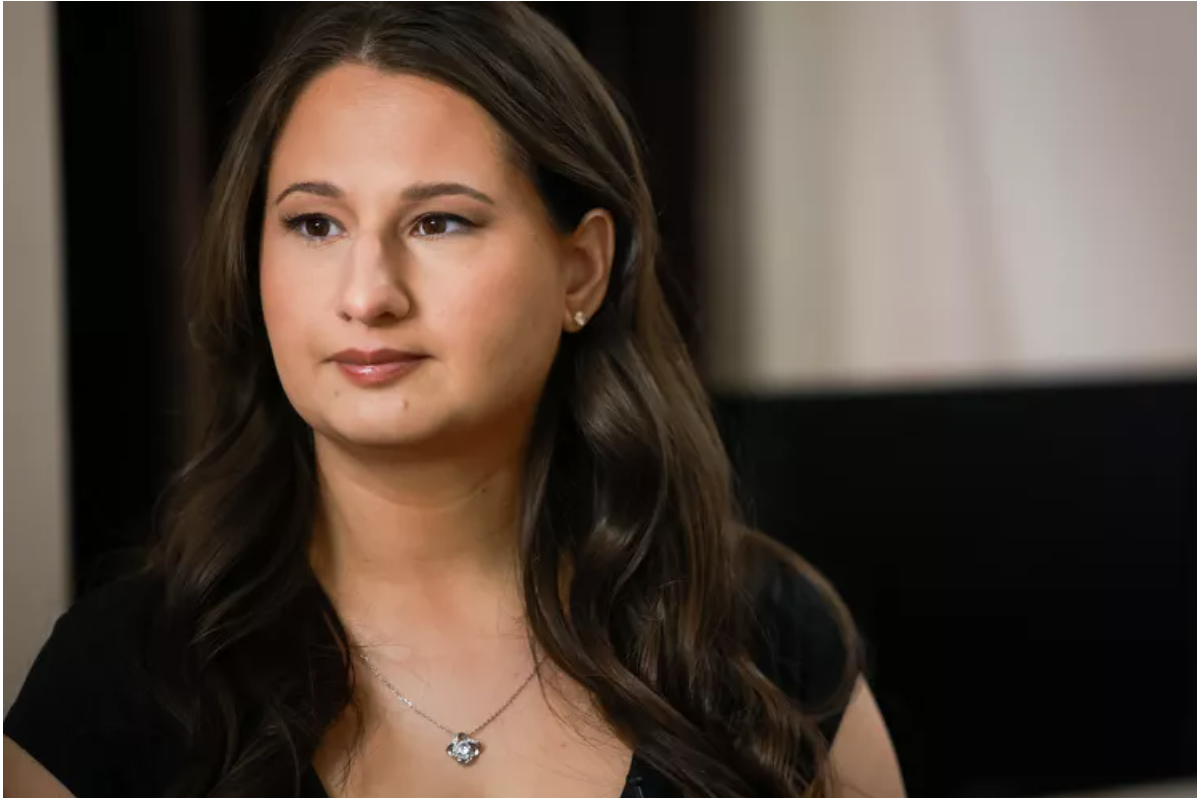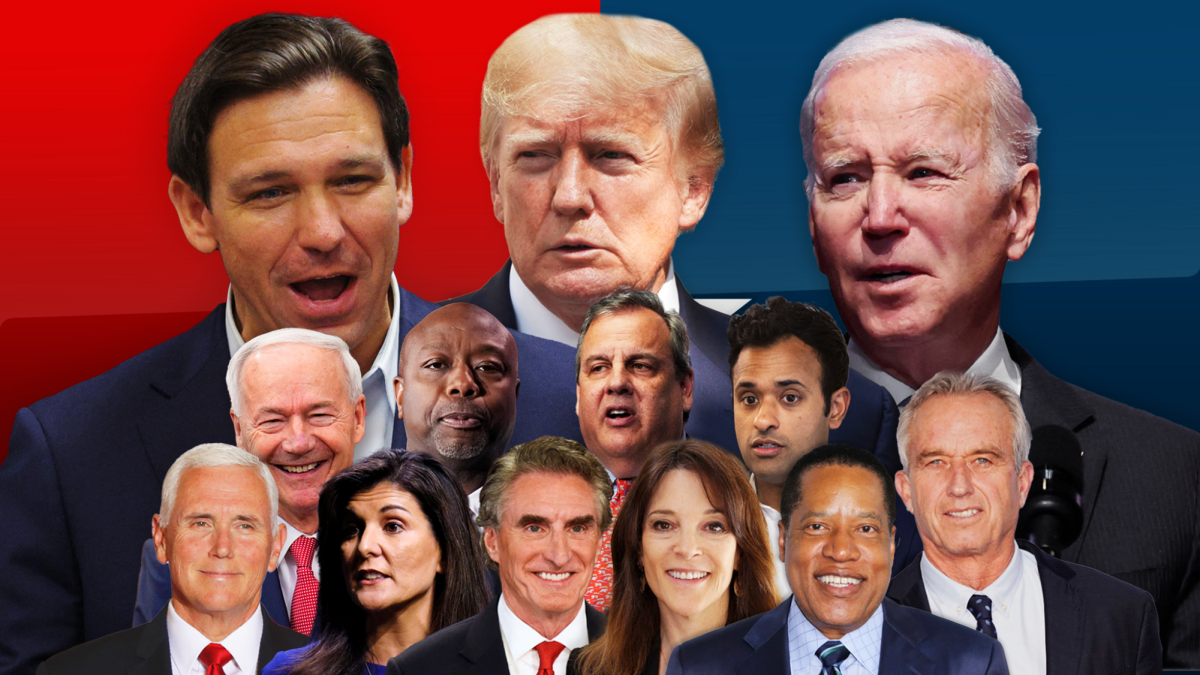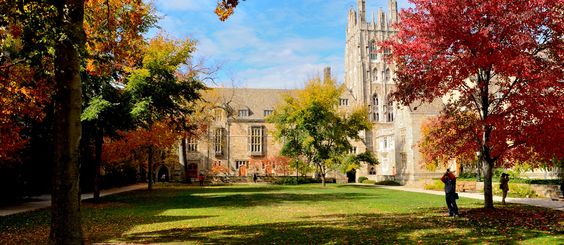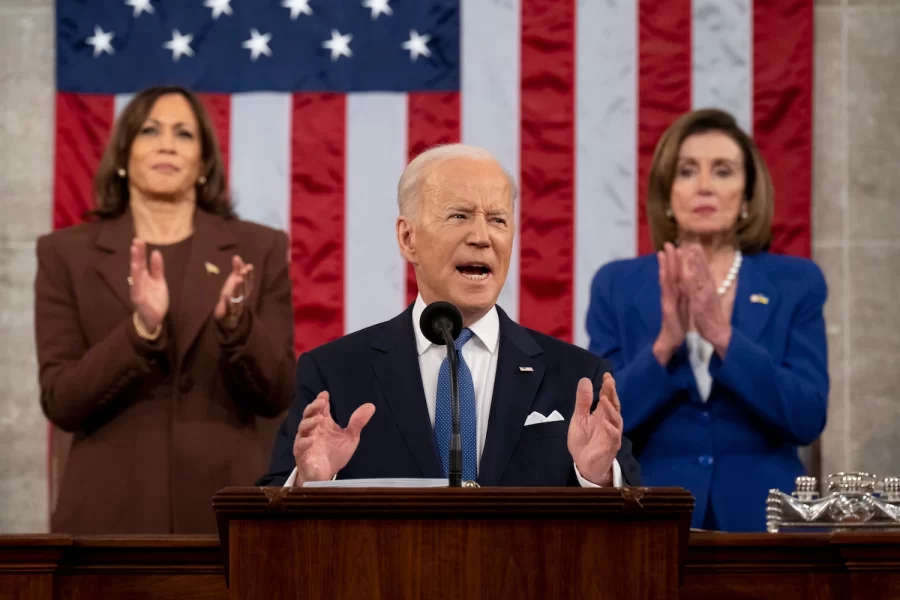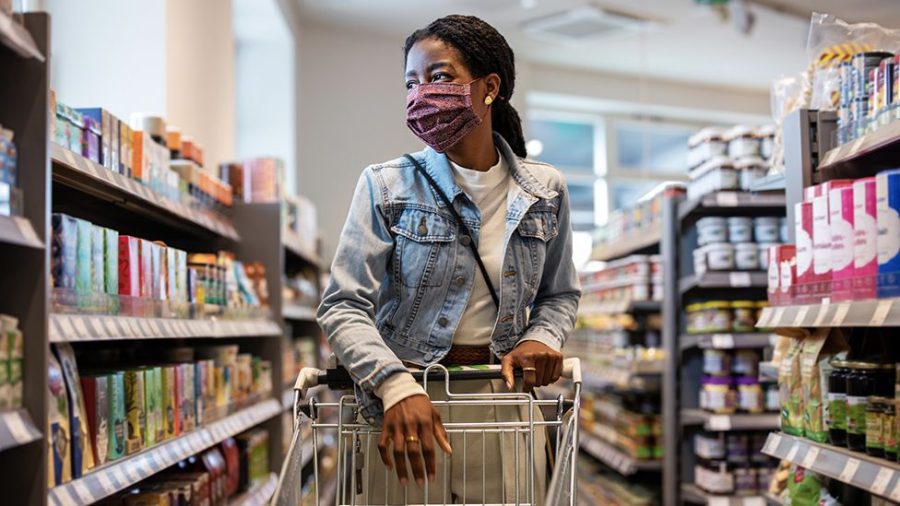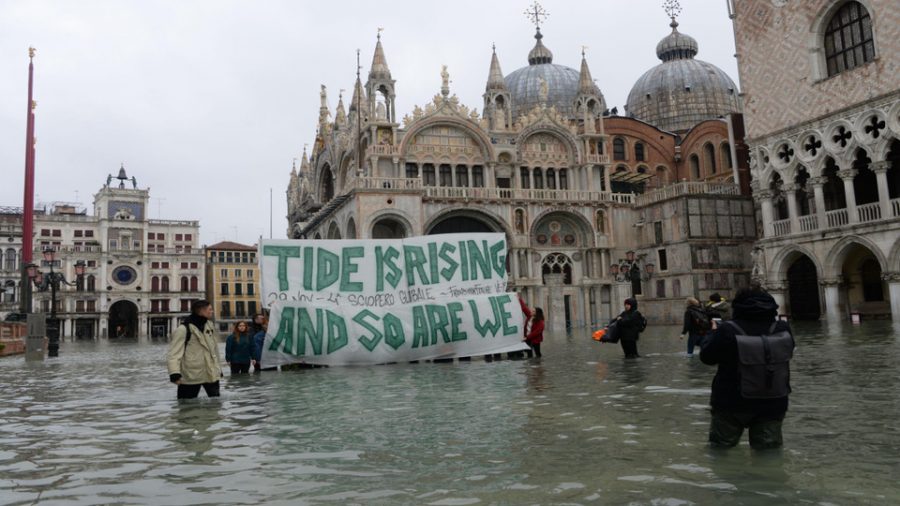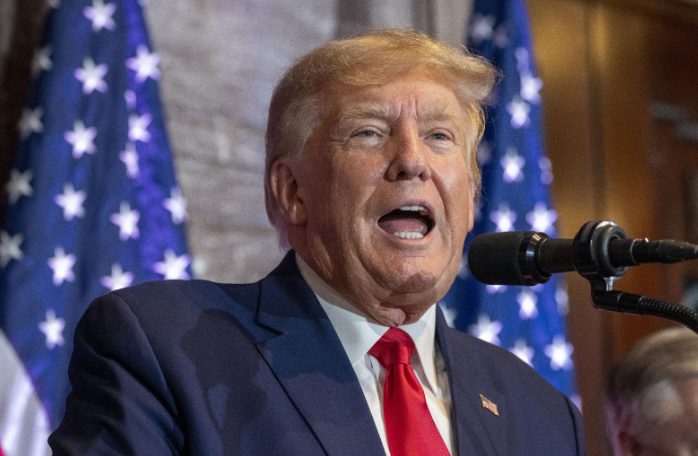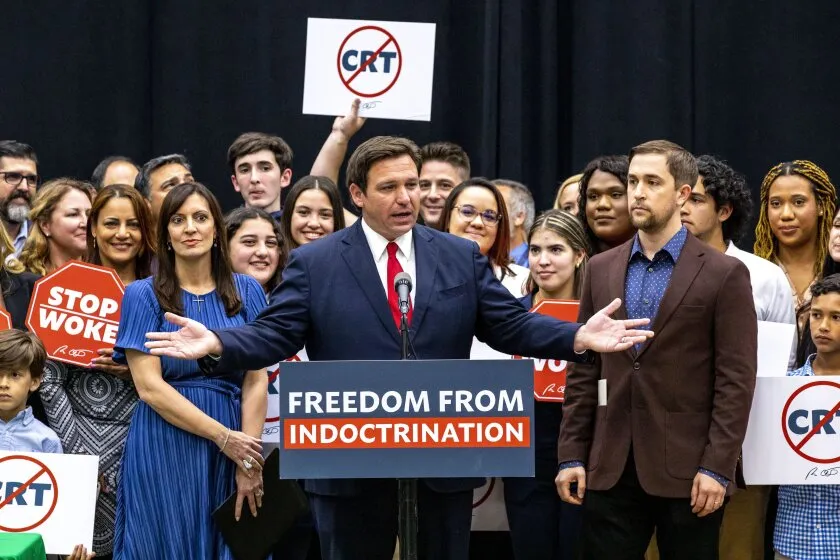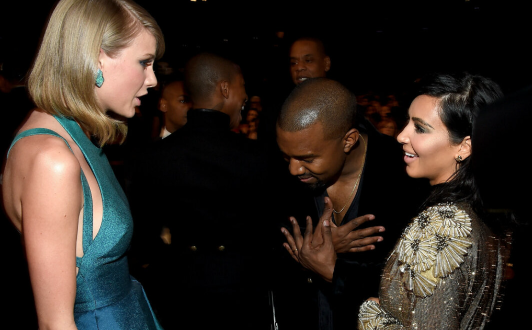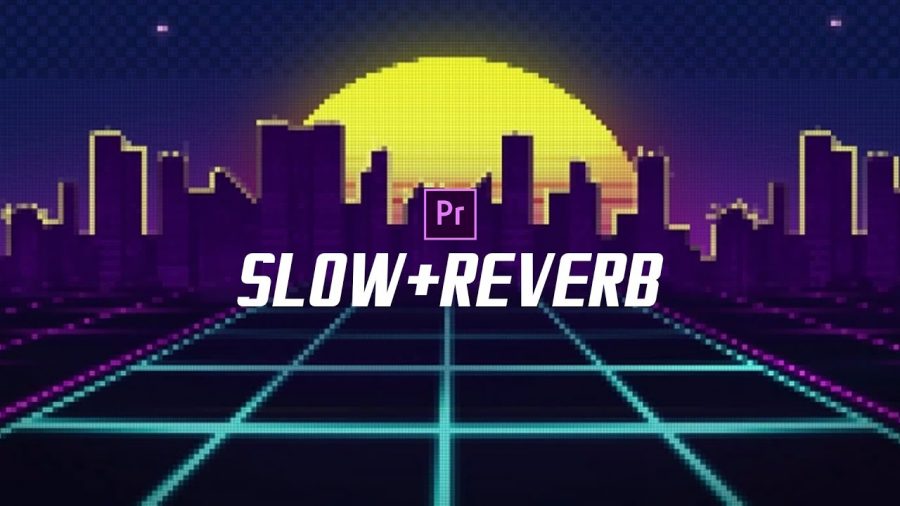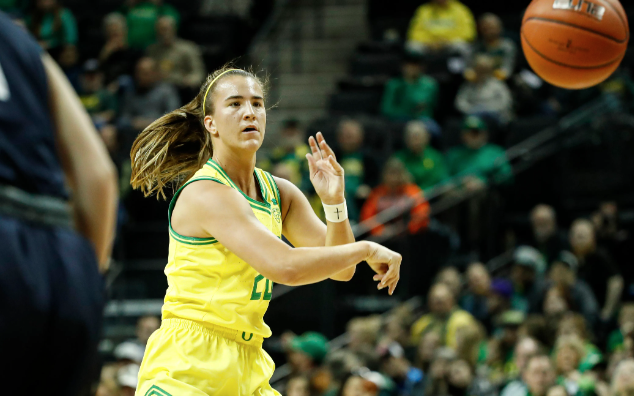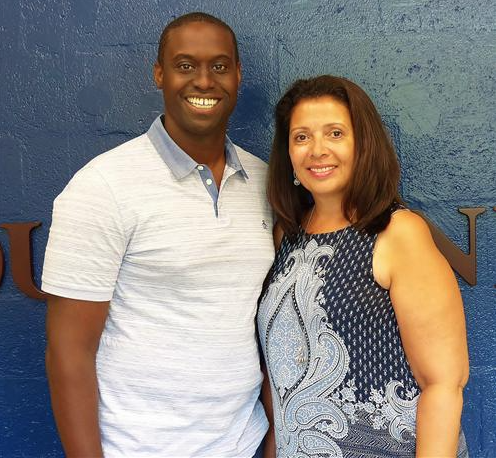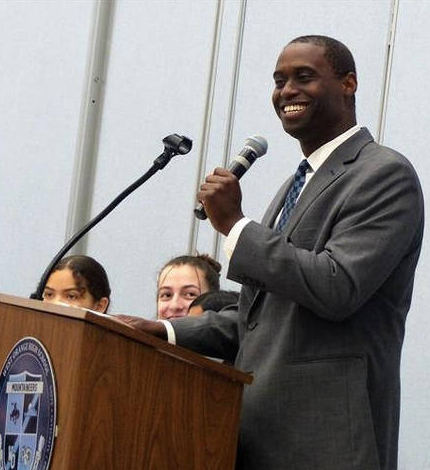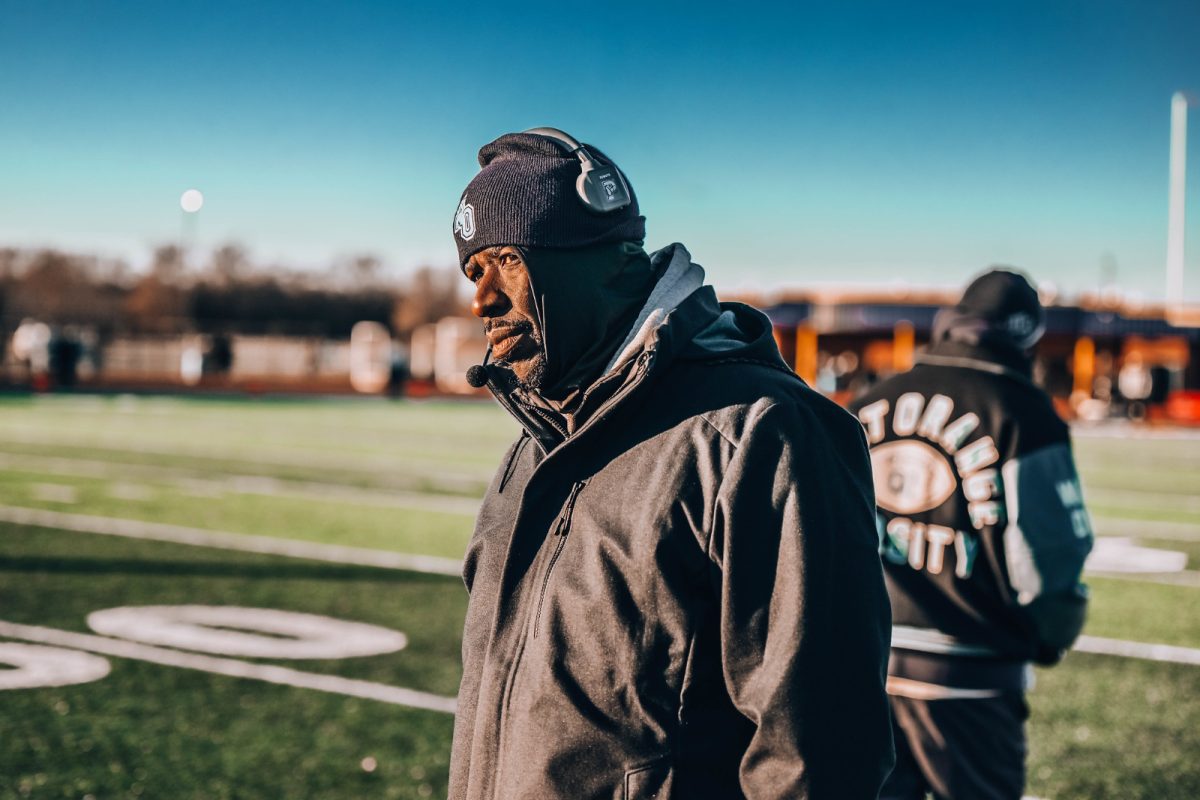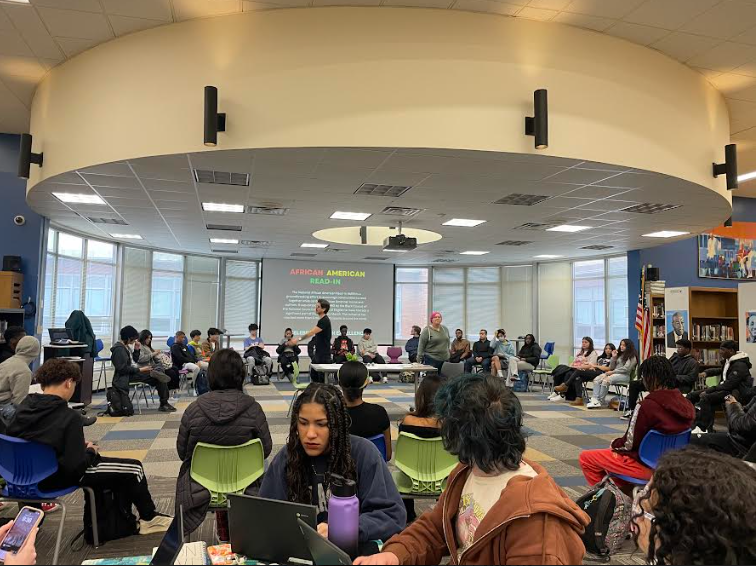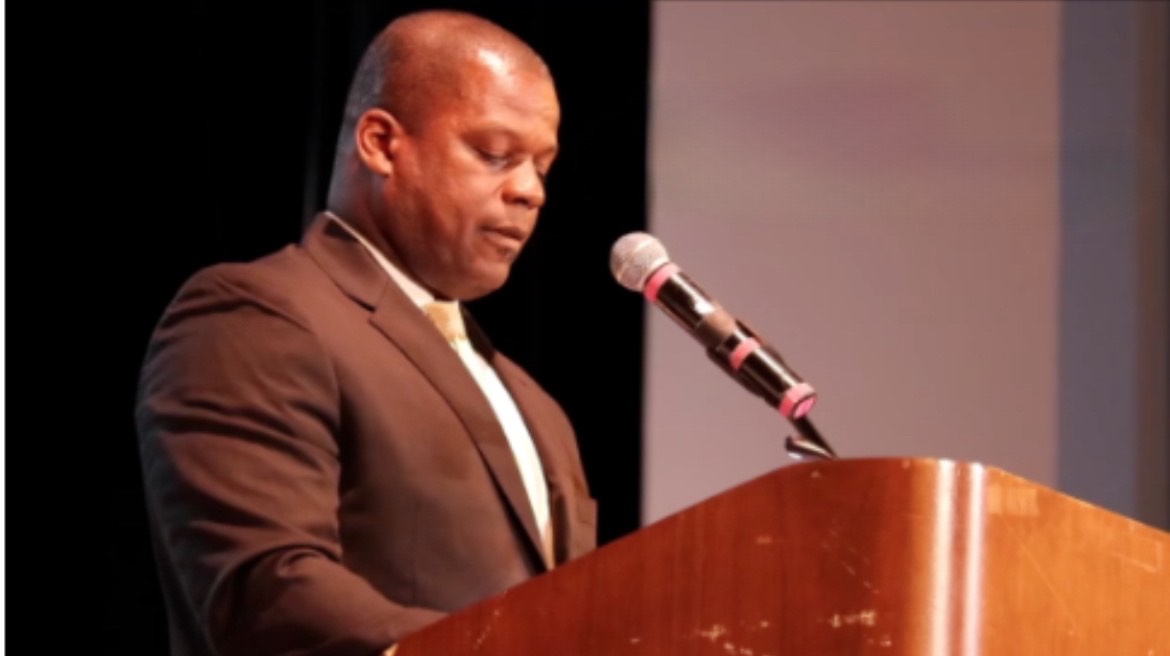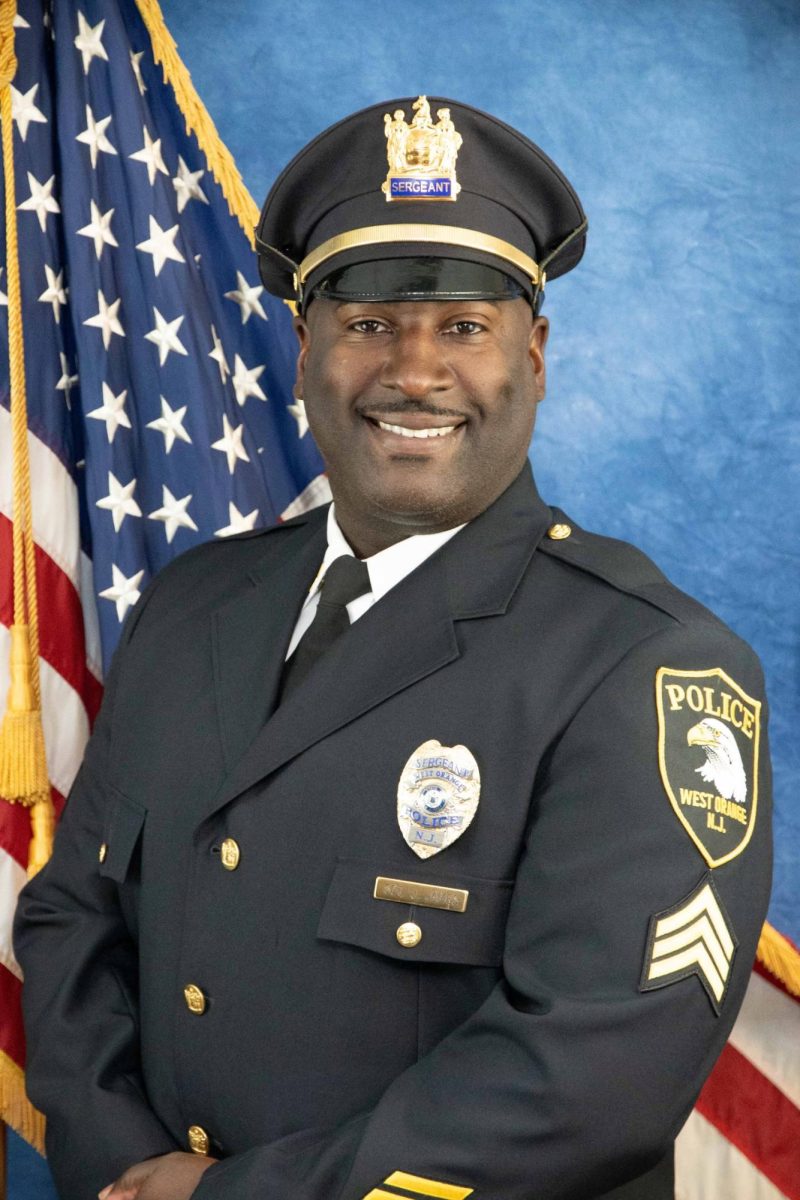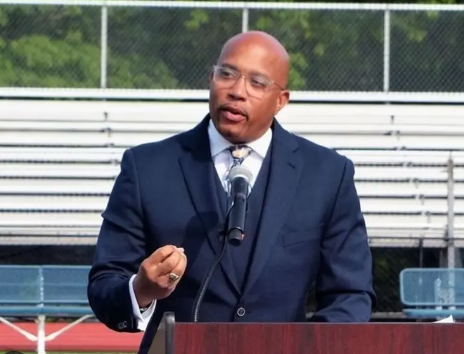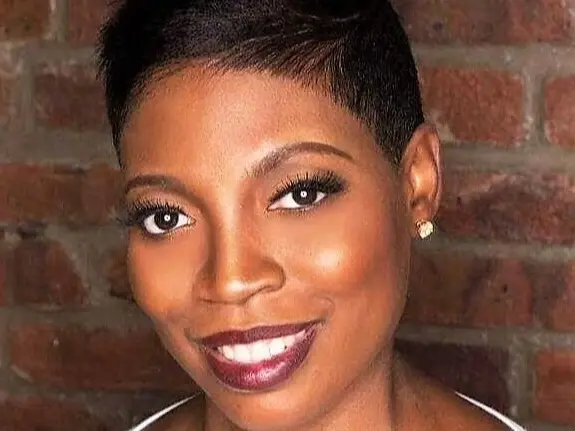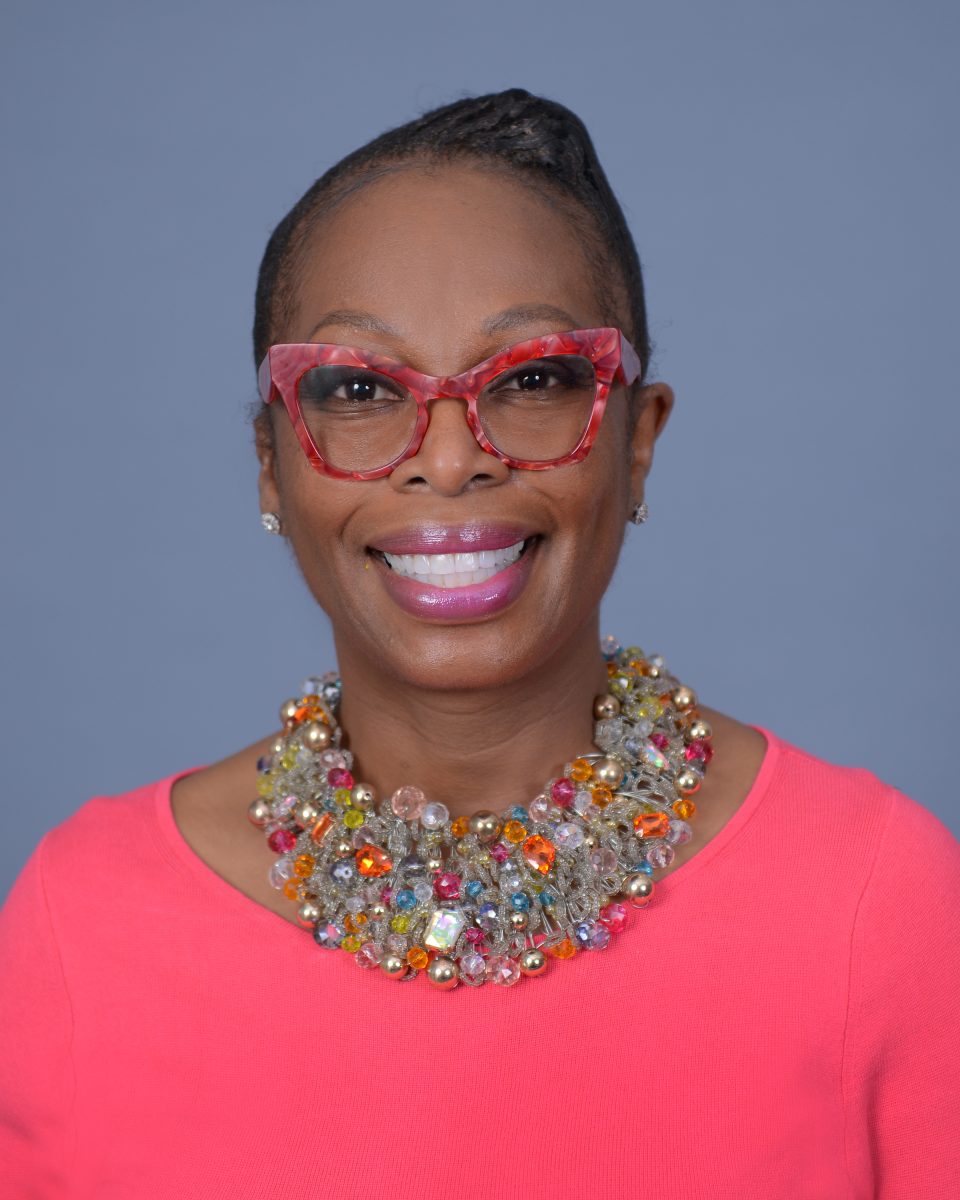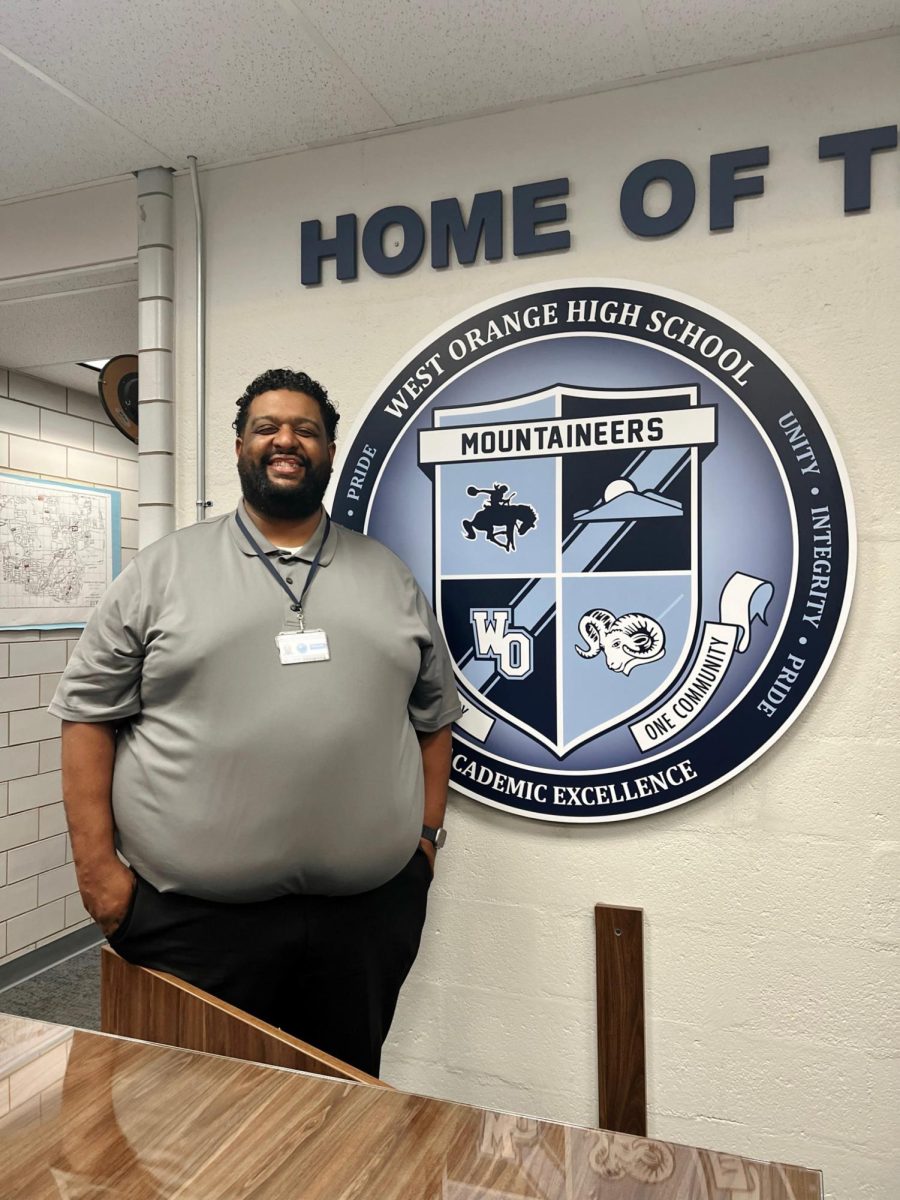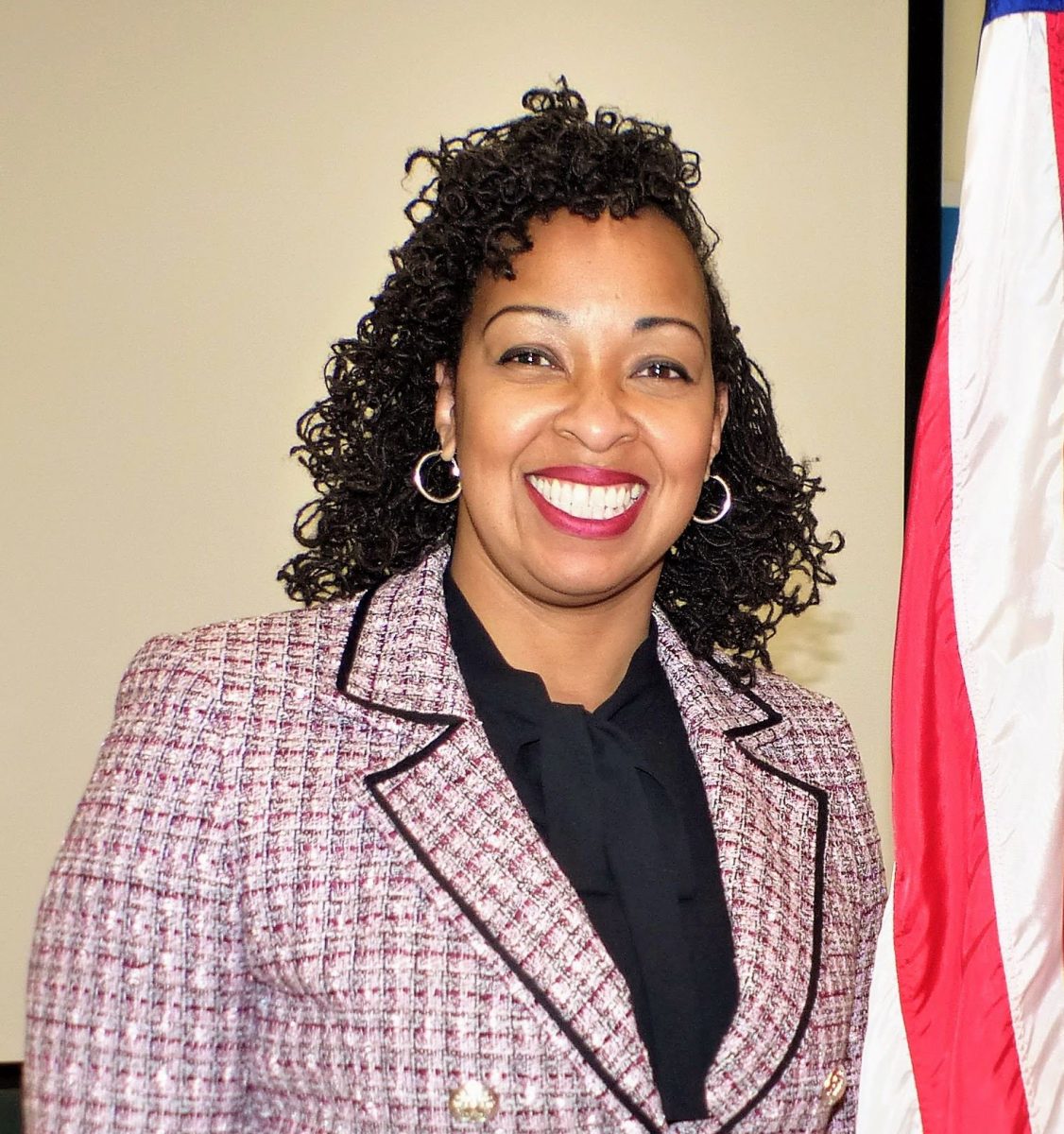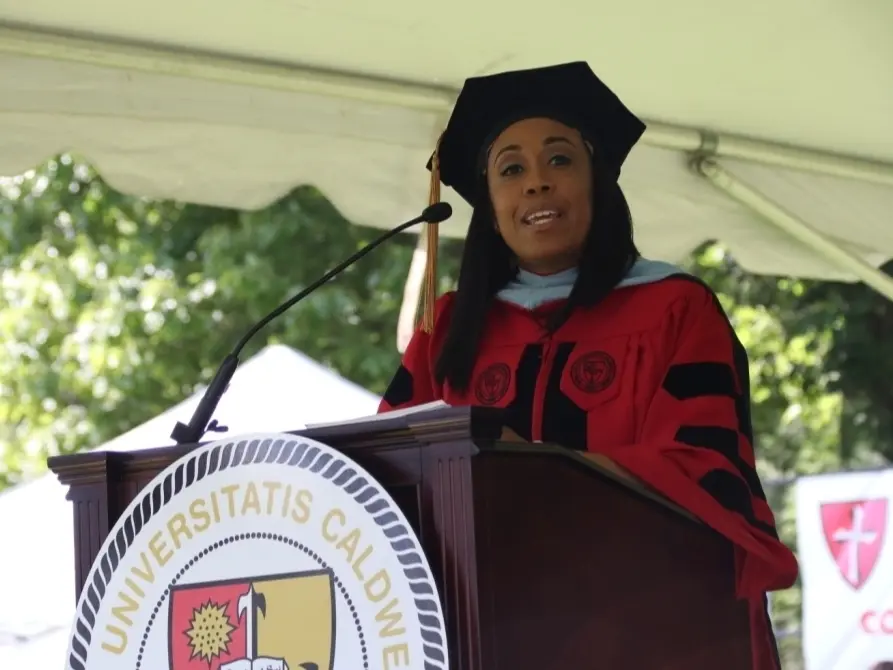“Anyone going into education knows you don’t go into it for the money; you [go into it] because you feel like you can make a difference. You want to impact the lives of young children. The reward comes from that child who feels like their life is better; their journey is better because they had you in it.” Mr. Lionel Hush remarks while answering a question about how it feels to be a town-wide inspiration. When talking about receiving the Circle of Rainbow Sisters Seeking Spiritual and Wellness Connection Financial Advocacy Award in 2019. He stated, “ I wasn’t expecting the award. It was very moving for me [and] it made me feel really appreciated in a field that can be a very thankless job… for me to be recognized [and] honored in that way, it’s just very emotional and humbling, you know? I’m in an environment that allow[s] me to be me and embraces me. And, you know, I’ve been able to succeed [because of that]… Roosevelt has been a home away from home for 19 years, I love what I do, and not a lot of people can say that.”
Identified by The Pioneer as a West Orange Black Leader of Excellence, Mr. Hush commented on how personal experiences and a commitment to leadership have shaped his journey and the lives of those he touches within the West Orange public schools community.
Hush grew up in Piscataway, New Jersey. He went to Muhlenberg College as a history major, where he ran track and played football.
Like many people, the journey Hush anticipated was not the one that he ended up having. Growing up, Hush had every intention to pursue a career in architecture, “so all through high school, I took architectural drawing classes, I took CAD courses, and mechanical drawing. I did all that because my idea or my plan was to move on and to go to school for architecture. However, I was fortunate enough to meet a gentleman that I ran track with in high school, his father was an architect. So, I had the opportunity to learn a little bit about the field prior to investing that much time, money, and effort behind it. And I didn’t see myself being happy and doing it for the rest of my life. I had to figure out what I could see myself doing and where I could be happy for my whole life.”
In the second semester of his freshman year of college, he finally decided on his career path, which he claims had a lot to do with the professors he had. “ I had some very intelligent, very dynamic professors who just captured me in the world of history. So that’s when I decided that this is what I was going to do…and this has pretty much been it since then.”
He shared insightful perspectives on how Black history has deeply influenced him as a person. “My mother grew up in Charlotte, North Carolina, different from my dad, who grew up in New Jersey, but yet they still have similar experiences in a way.” He vividly recalls the sacrifice and struggles of both of his parents, who actively participated in the Civil Rights Movement. His parents’ stories, as well as those of other Civil Rights activists instilled in him a profound appreciation for the suffering and resilience of countless individuals who fought tirelessly for civil rights and equality. “Their stories that they told me made me realize in a lot of ways that I was standing on the shoulders of individuals who fought, who died, [and] who went through a lot to create the opportunities for me that I have today.”
When asked about what Black History Month means to him, Hush reflected on its significance, acknowledging the importance of taking time to recognize the contributions of African Americans to the fabric of society. He described how, during his upbringing, Black History Month provided an opportunity to reflect on impactful figures such as Malcolm X, Marcus Garvey, and Dr. Martin Luther King, Jr. While these well-known individuals often took center stage, he noted the importance of delving deeper and learning about lesser-known contributors to Black history.
Hush emphasized that while Black History Month is significant for everyone, it also serves as a reminder that Black contributions should be recognized beyond just one month of the year. He shared his observations of how different communities approach Black History Month, noting disparities in the depth of recognition and celebration. Despite its limitations, he expressed gratitude for the existence of Black History Month, acknowledging its role in forcing people to open their eyes and appreciate the interwoven contributions of Black Americans to society.
When asked about it, Hush humbly reflected on his role as an educator, discussing the unique challenges he has faced as an African American man. He candidly shared how these experiences shaped his resilience and determination. “Adults growing up saw me differently. I did have run-ins with the law where me and my friends were beaten up by police officers as we were young teenagers. We weren’t doing anything wrong, you know, but I’ve been beat with flashlights and things at that age by cops.We were honors students, we played sports, you know we weren’t troublemakers, but because we looked different we were treated differently.” Regardless, Hush emphasized the importance of perseverance and remaining steadfast in his pursuit of excellence.
Hush highlighted the heightened scrutiny and expectations placed upon him as an African American leader. “You know society doesn’t give [African- Americans] the same opportunities. Society judges us a bit harsher. Taking on a role as serious as this one, I realized 19 years ago there were people who were looking for me to fail. So I wanted to make sure I did not in any way, shape, or form coming anywhere near failure. I was going to work harder and put in more hours. I was going to do more than maybe some of my counterparts within the district did, because I’m not failing at this. I also didn’t want to let people on the other side down, as I mentioned before, I’m standing on the shoulders of people who’ve gone through a significant amount for me to have this opportunity and I didn’t want to let them down.”
Through his leadership, he strives to create a nurturing and empowering school environment where all individuals, regardless of background, can thrive.
Reflecting on the broader implications of diversity and inclusion, Hush praised the West Orange community for its embrace of diversity and harmony. “I just saw so many kids from different religions, different racial backgrounds, different traditions, [pretty much] different everything.” Hush described that the students didn’t pay attention to the differences between each other; they paid attention to what similarities they had, and they enjoyed each other for who they were …and I calmly stated to the staff members here and members inside and outside of the community that this is how the world should be. It was just a beautiful thing and you really don’t see that anywhere. I mean you have other schools outside of West Orange that have to have days where they mix it up at lunch or in different environments to force kids to interact with other people who don’t look like them.”
He went on to say that part of the reason he originally accepted his position at Roosevelt was because the “environment mirrored a lot of how I grew up, and that’s what I wanted. I wanted to go back to my community in a way, you know, and be in that type of environment.”
As we honor Black History Month, let us continue to amplify the voices of those who champion equality and justice, embodying the spirit of resilience and empowerment that defines our collective journey toward progress and unity. People like West Orange Leader of Excellence, Principal Lionel Hush.
